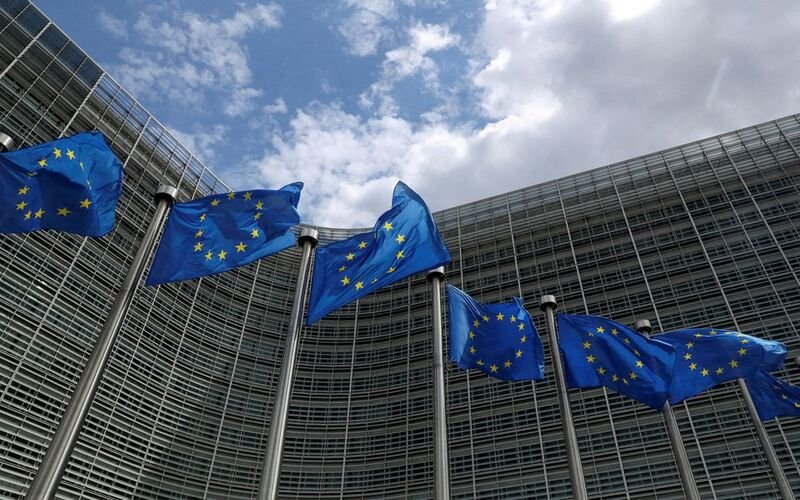According to five individuals familiar with the situation, European Union parliamentarians reached a consensus late on Tuesday on a crucial component of new artificial intelligence regulations, bringing them one step closer to a wider agreement on the historic AI Act.
The European Parliament passed the law in May, following two years of discussions. The final forms of regulations about AI must now be negotiated through meetings between the EU states and the parliament, a process known as the trilogue.
The majority of Article 6 of the draft AI Act was agreed on at Tuesday’s discussion, which lasted until midnight. The sources added that this was one of the main points of contention throughout the negotiations, declining to elaborate. They asked not to be named because the discussions were private.
According to the sources, Article 6 describes the kinds of AI systems that would be deemed “high risk” and so be the focus of more stringent regulatory oversight.
According to insiders, the latest discussion on high-risk applications has focused on whether or not to exclude some high-risk AI models, such as those that carry out “purely accessory” jobs.
When an AI system is employed for a very small activity after any human decision-making, like organizing papers or translating text across languages, it might be deemed merely an accessory. According to sources cited by Reuters before Tuesday’s conference, European parliamentarians had not yet reached a consensus on several subjects, meaning an agreement would not be considered until December.
Members of the European Parliament Dragos Tudorache and Brando Benifei, co-rapporteurs of the EU AI Act, told Reuters on Wednesday that a fifth trilogue, scheduled for early December, might result in an agreement.
“We achieved noteworthy advancements,” stated Benifei. “If the council shows a constructive approach, we could approve (at trialogue level) by year-end,” he stated. If an agreement cannot be reached, talks may be delayed until early next year, which raises the possibility that the June elections for the European Parliament may further scuttle the talks.




































Comment Template